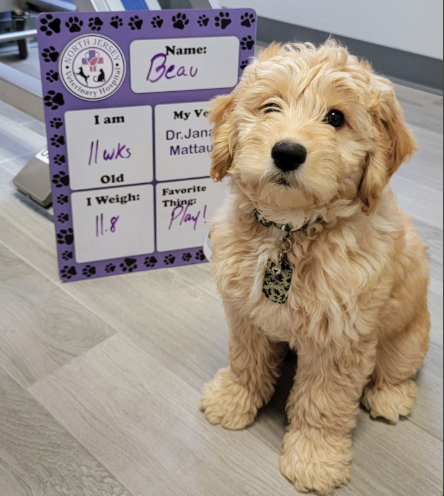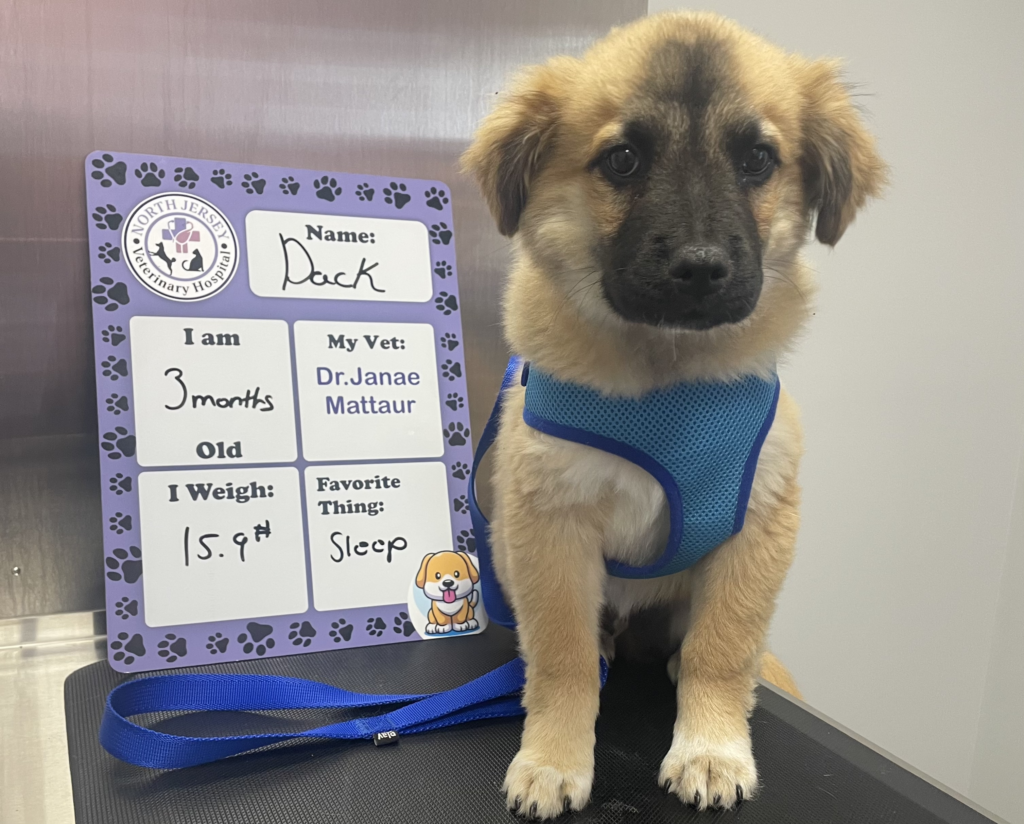If you’re a new puppy owner, it’s essential to understand what is normal puppy behavior and what is not. Puppies are curious, energetic, and playful, but they also exhibit some behaviors that can be challenging to manage.
In this blog post, we’ll explore the most common behaviors that puppies exhibit and what you can do to manage them.


One of the most common behaviors that puppies exhibit is chewing. Puppies use their mouths to explore the world around them, and chewing helps relieve teething pain. They may chew on anything from shoes to furniture to toys.
However, it’s essential to provide appropriate chew toys to prevent damage to your belongings. You can also discourage inappropriate chewing by providing plenty of exercise, attention, and training.
Puppies tend to bite and nip, especially when playing. This behavior is natural and is not a sign of aggression. However, it’s important to train your puppy to control its biting.
You can discourage biting by redirecting their attention to toys, stopping playtime when biting occurs, and rewarding good behavior.
Puppies often whine and cry when left alone or separated from their owners. This behavior is normal and is a sign that your puppy is experiencing anxiety.
You can help your puppy by gradually increasing the time they spend alone and providing plenty of toys and attention when you are with them.
Puppies have a lot of energy and may jump up on people and furniture. This behavior is normal and can be trained out of your puppy with consistency and positive reinforcement.
You can discourage jumping by teaching your puppy to sit or lie down on command and rewarding good behavior.
Socialization is another important aspect of normal puppy behavior. Puppies must socialize with other dogs and humans to develop appropriate social skills. Exposing your puppy to new experiences, people, and animals in a safe and positive environment is essential.
You can socialize your puppy by taking them to puppy classes, dog parks, or playdates with other dogs. Socialization helps puppies develop appropriate social skills and can prevent behavior problems later in life.
Housetraining accidents are common in puppies, but your puppy will learn to go potty outside with patience and consistent training.
It’s essential to provide plenty of opportunities for your puppy to go outside and to reward good behavior. You can also use crate training to help with housetraining and prevent accidents when you’re not home.
Puppies bark to communicate and express themselves. This behavior is normal, but excessive barking can be a sign of anxiety or boredom.
You can discourage excessive barking by providing plenty of exercises, mental stimulation, and attention. You can also use positive reinforcement training to teach your puppy to stop barking on command.
Puppies are naturally playful and curious. They love to explore their surroundings and play with toys. Playtime is essential for your puppy’s physical and mental health and an excellent way to bond with your furry friend.
You can play with your puppy by throwing a ball, playing tug-of-war, or hiding treats for them to find.
Puppies require a lot of sleep to grow and develop properly. They may sleep up to 18 hours daily, which is perfectly normal. It’s essential to provide a comfortable and quiet sleeping area for your puppy and to let them sleep uninterrupted.
Separation anxiety is common in puppies, especially when left alone for the first time. They may whine, cry, or destroy furniture to try and escape. It’s important to gradually introduce your puppy to being alone and to provide plenty of toys and attention when you are with them.
Although biting and nipping are normal behaviors in puppies, aggressive behavior is not. If your puppy exhibits aggressive behavior, such as growling, snarling, or biting, it’s essential to address the behavior immediately.
Aggression can be a sign of fear or anxiety, and it’s essential to identify the underlying cause of the behavior.
A lack of socialization, improper training, or genetics can also cause aggression. If your puppy exhibits aggressive behavior, it’s important to seek professional help from a veterinarian or a dog trainer. They can help identify the cause of the behavior and develop a training plan to address it.
In addition to the behaviors mentioned above, there are a few other things to remember regarding normal puppy behavior. Puppies may also exhibit the following behaviors:
In conclusion, understanding normal puppy behavior is essential for new puppy owners. Recognizing common behaviors and providing appropriate training and attention ensures your puppy is healthy, happy, and well-behaved.
Remember, puppies require a lot of patience, love, and consistency, and with proper care, they will grow into well-adjusted adult dogs.
It is essential to understand that every puppy behaves differently. However, you can help your puppy develop appropriate social skills and behaviors with patience, consistency, and positive reinforcement training.
As a responsible pet owner, you must provide your puppy with the proper care and training to thrive.